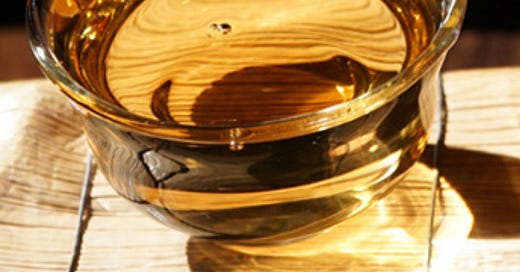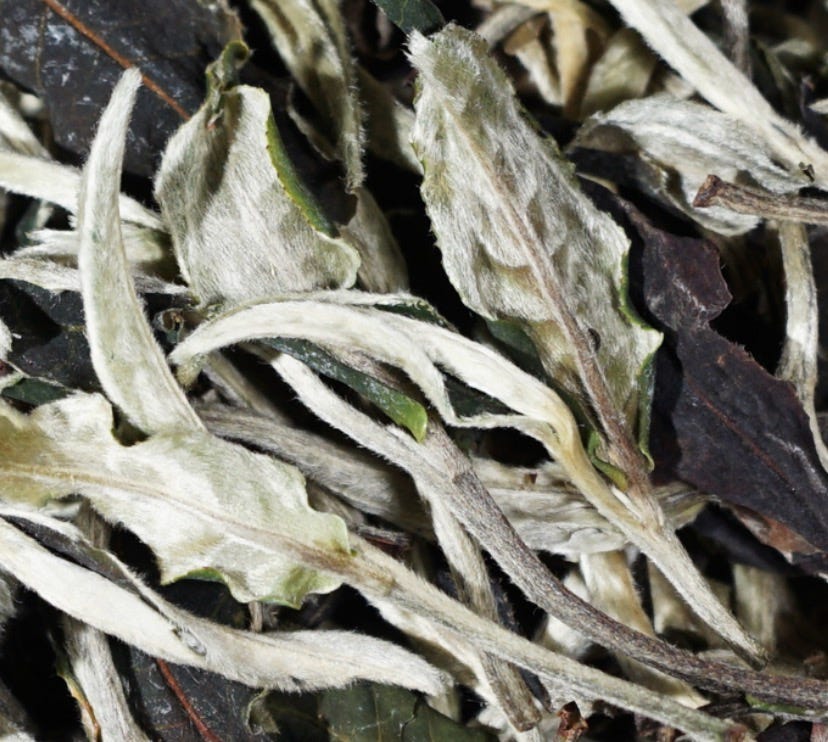Happy Autumn Equinox and Happy Moon Festival!
In general, I offer a Daoist internal alchemy ceremony on the autumn equinox every year. Sadly, this year it was not possible as I am still traveling in the United States. Instead, I took a quiet moment in the early morning to channel the special seasonal Qi in order to write this article for you all instead.
The equinox marks a significant point in the annual cycle where the Yin and Yang energies of nature interact with one another in a balanced way. The next coming weeks are a very powerful time for your cultivation practices, as they are strengthen by the strength of the universal energy to help bring balance to your body, mind, and spirit. The colorful leaves dancing in the air and upon the ground remind me of the joy I have found in letting go of years worth of ¨stuff,¨ as I prepared our house in the Pacific Northwest, one that we have been holding on to ¨just in case,¨ for sale. It is the perfect time of year for cultivating detachment!
The recent half moon reminded me that the Moon Festival, which always falls on the 15th day of the 8th month of the Daoist GanZhi calendar, this year falls on 29 September. Since I was very young, I have always heard that the moon Qi on the Moon Festival is the most powerful of the entire year. Actually, I have a very vivid memory of my first Moon Festival, from when I was 5 years old. After dinner, my grandmother and I went to watch the highest tide of the year come in. The moon goddess’s comely face was bathing us in her luminous glow as we walked along the little stream in front of our house, as we headed towards the beach. The tidewater was coming from the ocean, and was filling up the stream, almost to the point of overflowing, and I was fascinated to watch the stream flow in the reverse direction. Many of my neighbors gathered to watch as they did every year until major development in my village stoppered the stream in the early 1970s.
This first childhood memorialization of the Moon Festival naturally comes to mind every time I see the silvery, transparent moonlight covering the Baltic Sea from the frame of my window whenever we spent time on a little island in Stockholm’s northern archipelago. In those times, I like to prepare myself a cup of special Moonlight tea and to enjoy the moonlit tranquility.
Moonlight tea? Yes! Even among serious tea drinkers, many do not know much about Moonlight tea. Indeed, I wrote an article about the Moonlight tea, The Mystical Moonlight Beauty, which was published in The Empty Vessel’s Winter 2017 issue. I will include some of my old writing from then to expand upon a little in this article.
I first discovered this tea in 2007, when I brought some of my U.S. students to Shanghai Tea City for savoring and shopping teas, where there were many, many tea shops, each of which was set up to look like individual little tea houses, where the owners brew fresh pots of several different kinds of teas for tasting. We found that we could sit down in just one shop and spend several hours savoring teas, and at no charge. Although we spent an entire day there, we only had enough time to visit no more than 5 of the little tea shops within Tea City. I have never forgotten one of these little shops:
On intuition, I was drawn to bring some of my students to check out the tea selection in a specific tea shop. The owner, a young woman, invited us to sit down for a cup of tea. We enjoyed several of the special teas that she brewed for us. With each pot, she told us the features of the teas, all of which were from her home town region in YuNan province, in southwest China.
All of the people in her village belong to the Yi 彜 minority, as do her family. This minority still holds much ancient knowledge, knowledge that is very close to ancient Chinese shamanism and Daoism. Some of the Yi elders know the ancient cosmology and use it to guide people to only pick the tea leaves from old-growth bushes during certain time periods.
After 2 hours of chatting and enjoying a selection of her teas, she pointed to a large bag sitting in the corner of her tea shop and introduced me to it. She told me that the tea is traditionally picked on days of the full moon and is dehydrated under the moonlight so that the tea absorbs special yin Qi from the moon.
I took a sip of my first cup of Moonlight tea, and enjoyed both its unique flavor and the powerful calming sensation it provided, something I had never before experienced with any other tea. I decided then and there to buy the entire large bag from her, and was happy to share this amazing tea with my students throughout the rest of our trip.
In Daoism, as many of you already know, drinking tea is a practice of personal cultivation. I enjoy offering Dao of Tea ceremonies, in which friends and students gather together and celebrate over my collection of exquisite teas. Over the years, I have discovered that the Yin energy of Moonlight tea helps many people relax, to feel calm, and improve their quality of sleep.
For example, one student was lamenting to me that she loves to drink coffee, but that even drinking one cup at lunch time makes it impossible for her to fall asleep at night. She asked me if I had anything that would help resolve this issue. I had just received a shipment of teas from my tea friends in China, and gave her some of this special Moonlight tea, with the advice to drink it immediately after her afternoon cup of coffee. The next week she was excited to let me know that my tea solution worked well, and was even more pleasantly surprised that she found it so delightful. She jokingly told me that she initially assumed that I had given her some kind of awful tasting Chinese herbal concoction. She did not realize that she would be drinking a delicious tea!
Please look closely at the tea leaf, which is quite large, at least three or four times wider than regular green tea leaves. You will notice that one side of the leaf is dark and the other side is covered with tiny silver hairs. It looks like a swath of lustrous Chinese silk or a waxing crescent moon. This is one of the reasons that this tea is named YueGuangCha 月光茶 (Moonlight Tea), or YueGuangBai 月光白 (Moonlight White).
In the traditional way of picking these tea leaves, only the most beautiful and energetically pure young girls of the village are permitted to collect the tea, and only during the appointed moonlight time, which is how this tea is also known by another name: YueGuaMeiRen 月光美人, or Moonlight Beauty. Even today, the actual methods involved in processing this tea remain largely unknown to the general public, which of course adds another aspect of mystery to the Moonlight beauty!
Despite the fact that Moonlight Tea is a true tea that contains caffeine, it is imbued with pure Yin energy in such a way that brings a calm clarity to your mind. From my personal experience, and from sharing this tea (it steadfastly one of my favorites) with tea friends all over the world, I can easily recommend it for anyone who has a hard time falling sleep. Moonlight Tea is also a sound choice for people who tend towards constipation and is a wonderful digestive after indulging in a heavy meal. Finally, it is also beneficial for the lungs and to help clear breathing.
Here is a cup for you. Please join me as I pick up my cup, absorb the rich amber color, bring the blossom-like aroma deep into my lower belly, and savor three small sips. I feel my whole body melting into the moonlight, can you?
Enjoy!






You could buy it from me directly.
I tasted this tea some years ago and have been searching for it ever since. Do you have a source that you recommend? Thanks as always for another inspiring article.